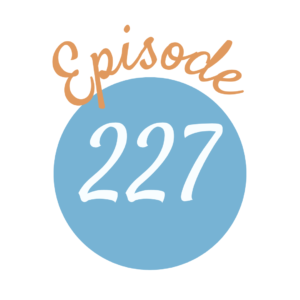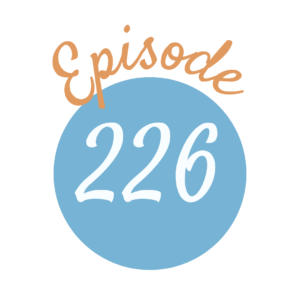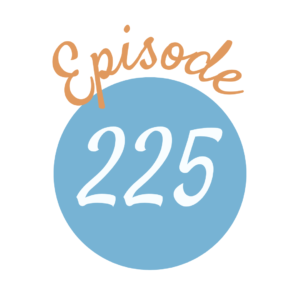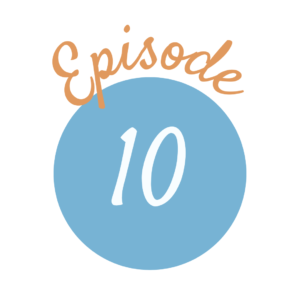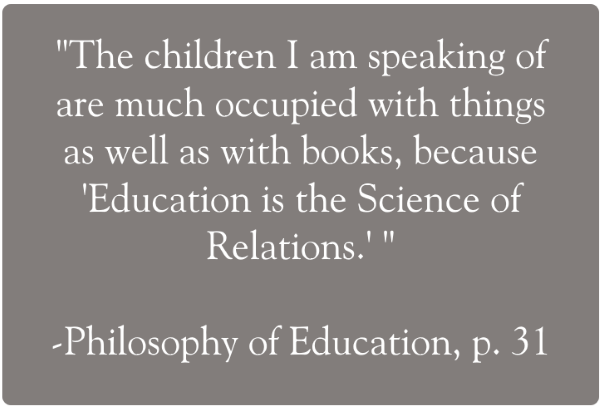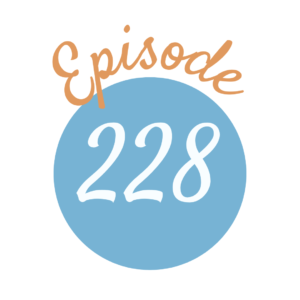
Did Charlotte Mason advocate the common notion of “mastery before moving on?” Liz, Emily, and Nicole discuss this popular idea and, based on Miss Mason’s principles, the cases when moving on with or without mastery of a subject are beneficial for the student.
Listen Now:

“Besides, though this physical culture of the brain may be only the groundwork of education, the method of it indicates what should be the method of all education; that is, orderly, regulated progress under the guidance of Law.” (1/37-38)
“Almost as bad is the way the child’s intellectual life may be wrecked at its outset by a round of dreary, dawdling lessons in which definite progress is the last thing made or expected, and which, so far from educating in any true sense, stultify his wits in a way he never gets over.” (1/16)
“But the subject of our relations with each other as human beings is inexhaustible, and I can do no more than indicate a point here and there, and state again my conviction that a system of education should have for its aim, not the mastery of certain ‘subjects,’ but the establishment of these relations in as many directions as circumstances will allow.” (3/88)

Waiting on the Word, Malcolm Guite
Let’s Play Math, Denise Gaskins
(Contains affiliate links)

